Gardens
Gardening and landscape design ideas to help you make the most of your outdoor living space.
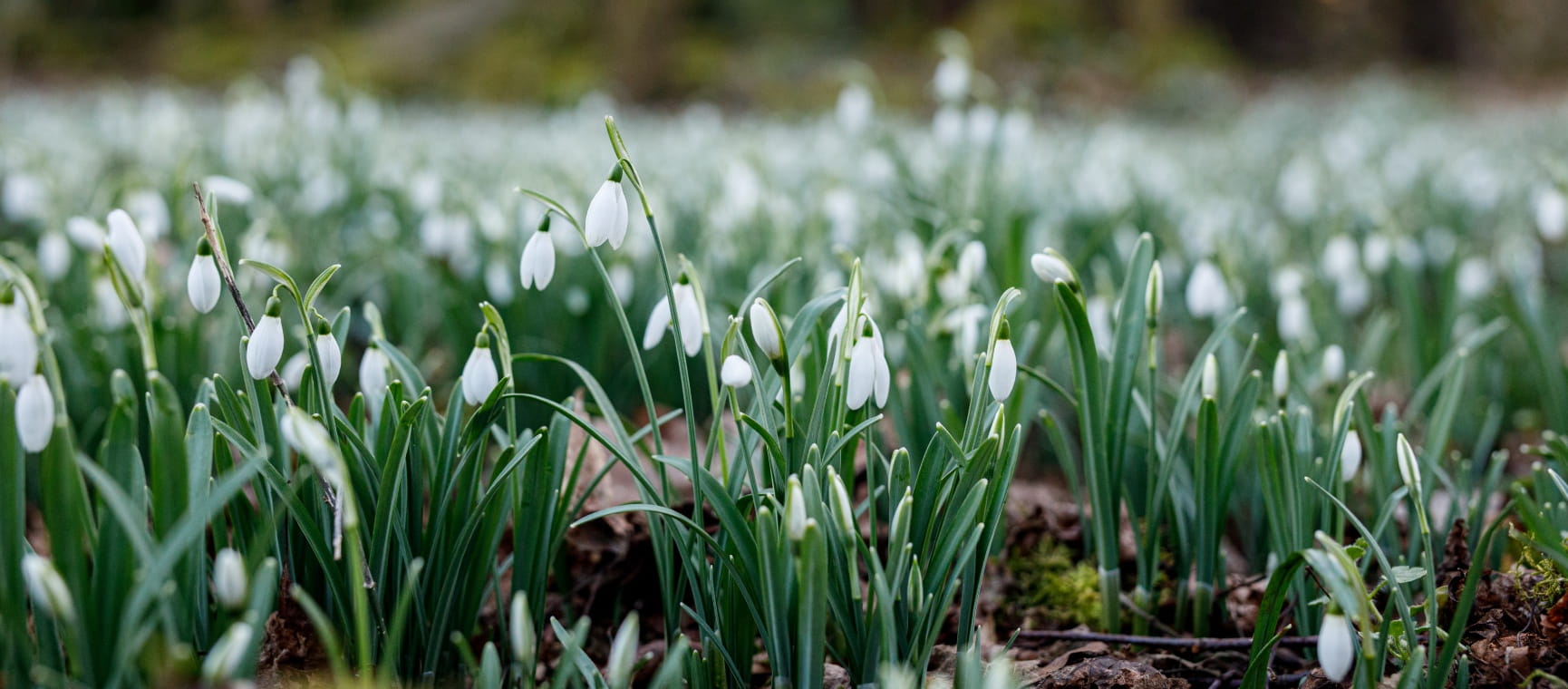
Celebrate snowdrop season with 6 of the best places to see them
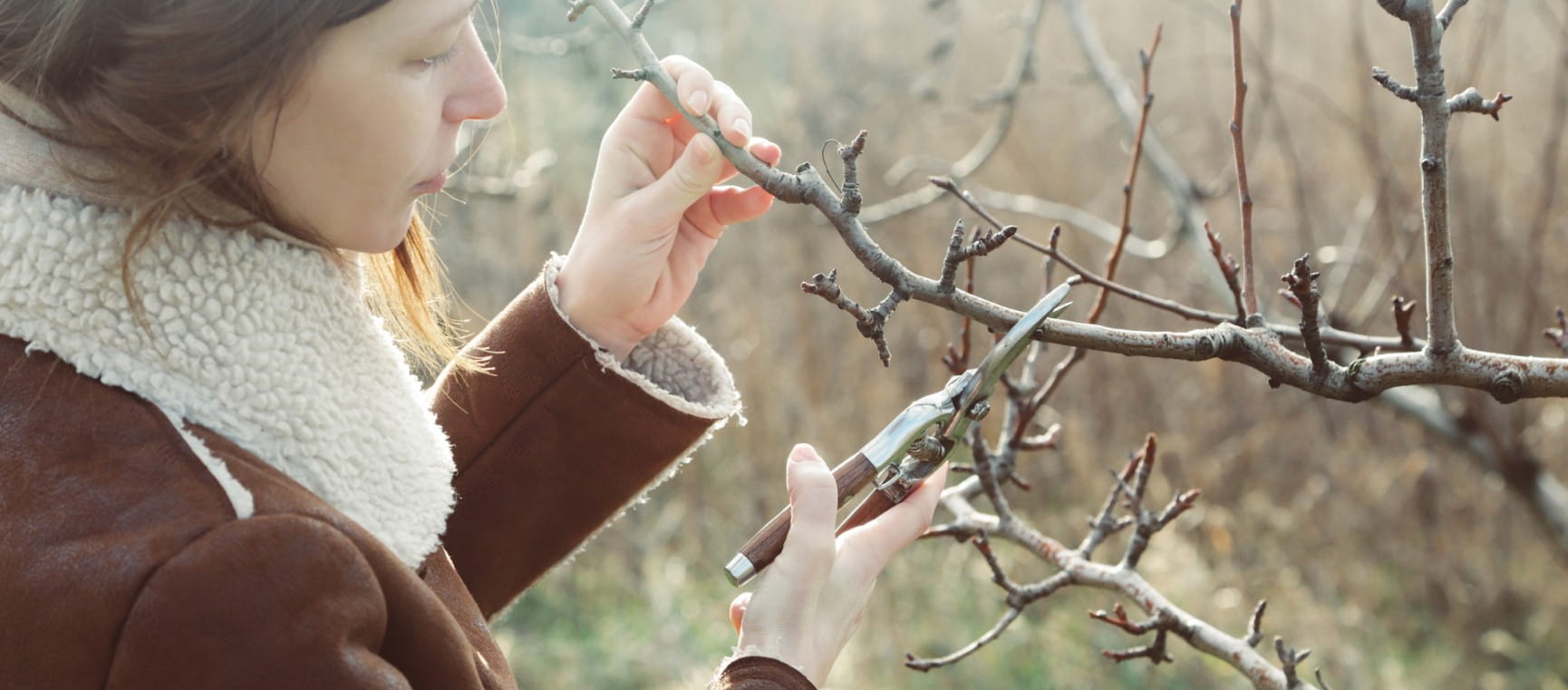
Jobs for the garden in January
January isn't a time to put your feet up if you want to get ahead in your garden.
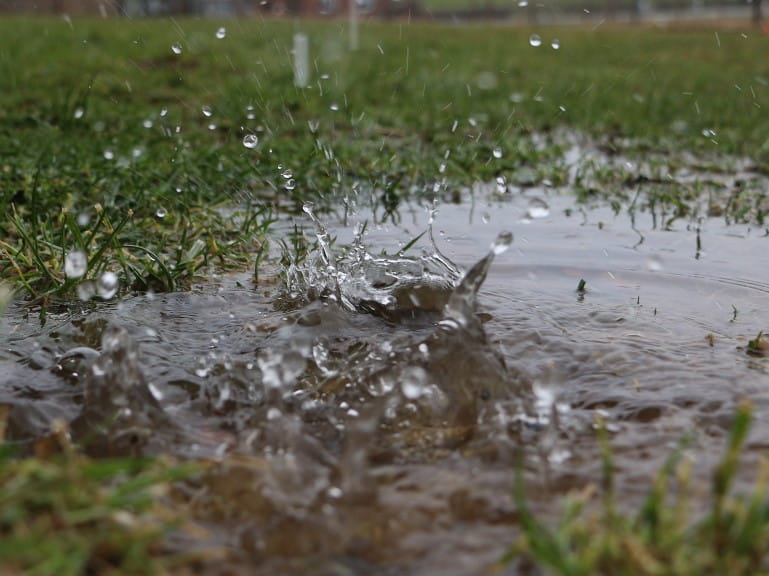
How to deal with waterlogged soil in your garden
The best ways to improve soil drainage and choose plants that thrive in damp conditions.
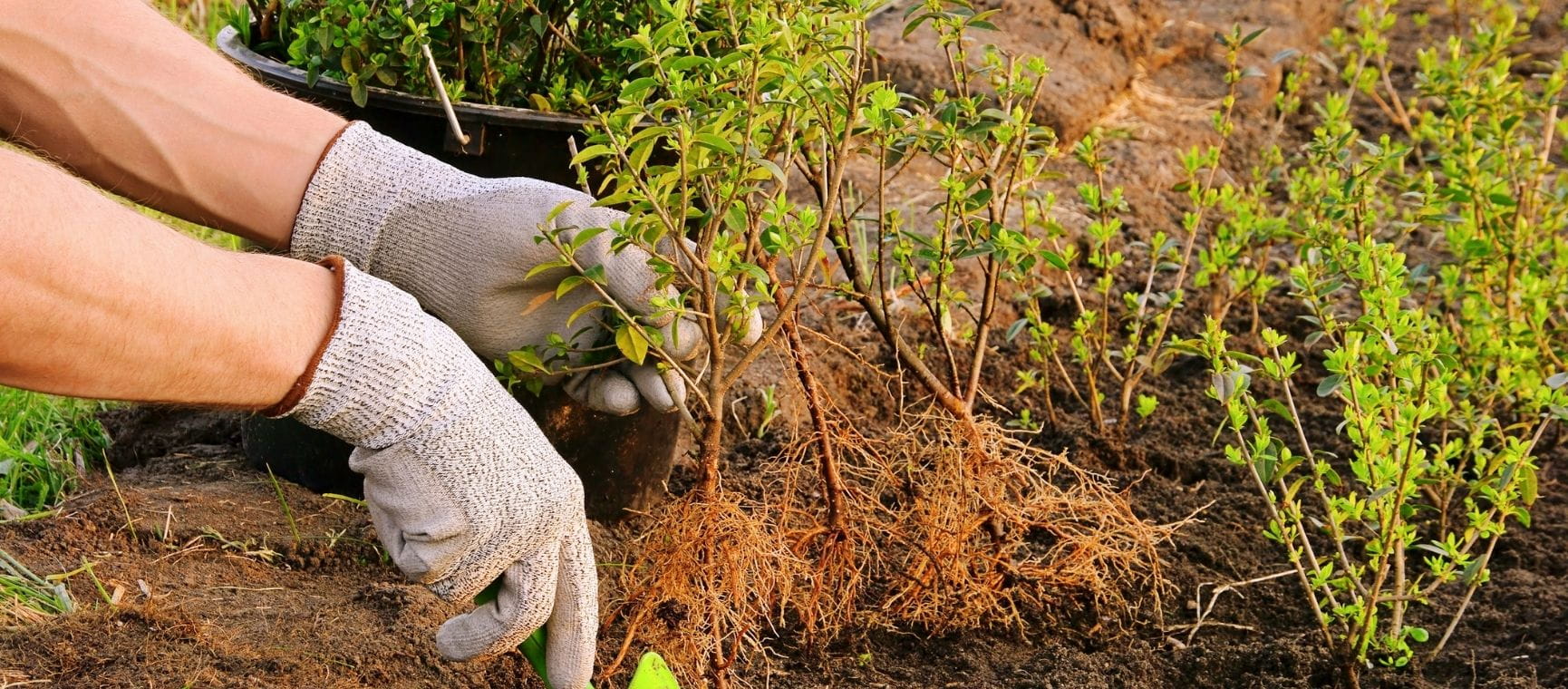
How to plant bare-root roses, trees and hedging
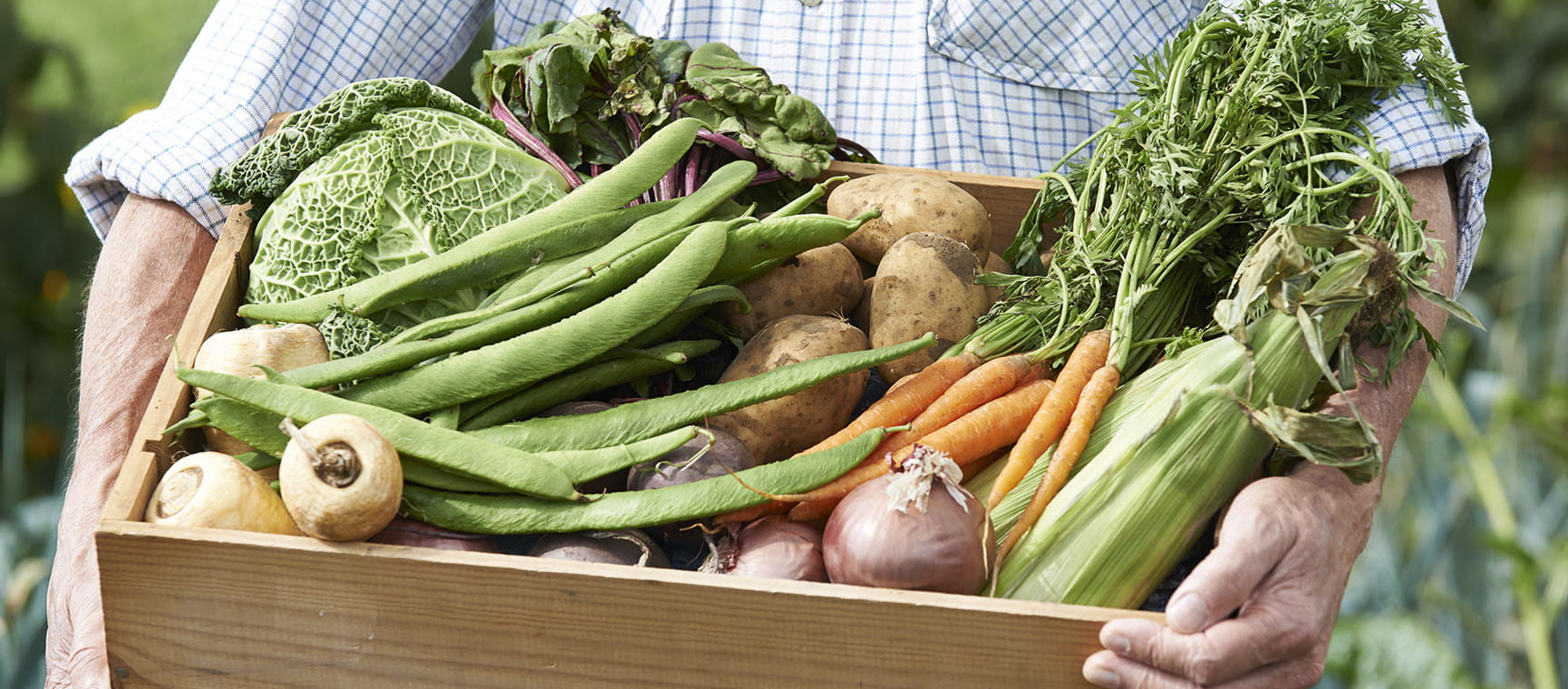
How to grow your own vegetables - with tips from the gardening experts
Nothing beats home-grown food for taste, value and nutrition - here experts share their advice to save you time and effort.
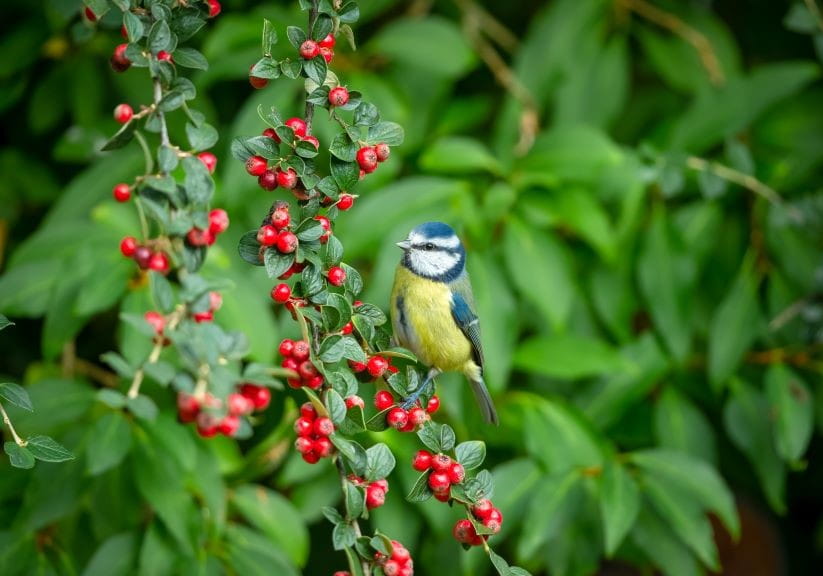
The 10 best plants to attract birds into your garden

Celebrate snowdrop season with 6 of the best places to see them

Balcony ideas to transform the tiniest space
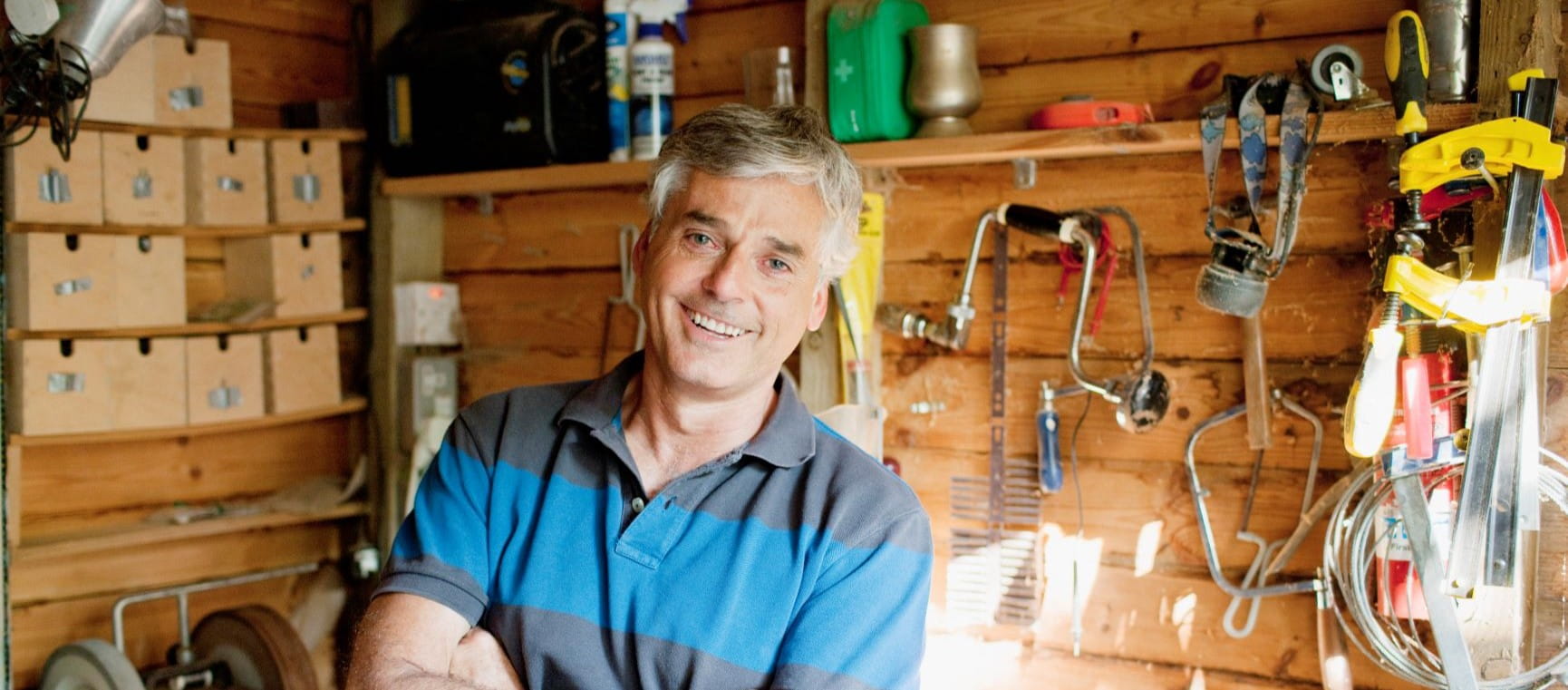
Give your garden shed a winter tidy - 5 steps to clean and declutter
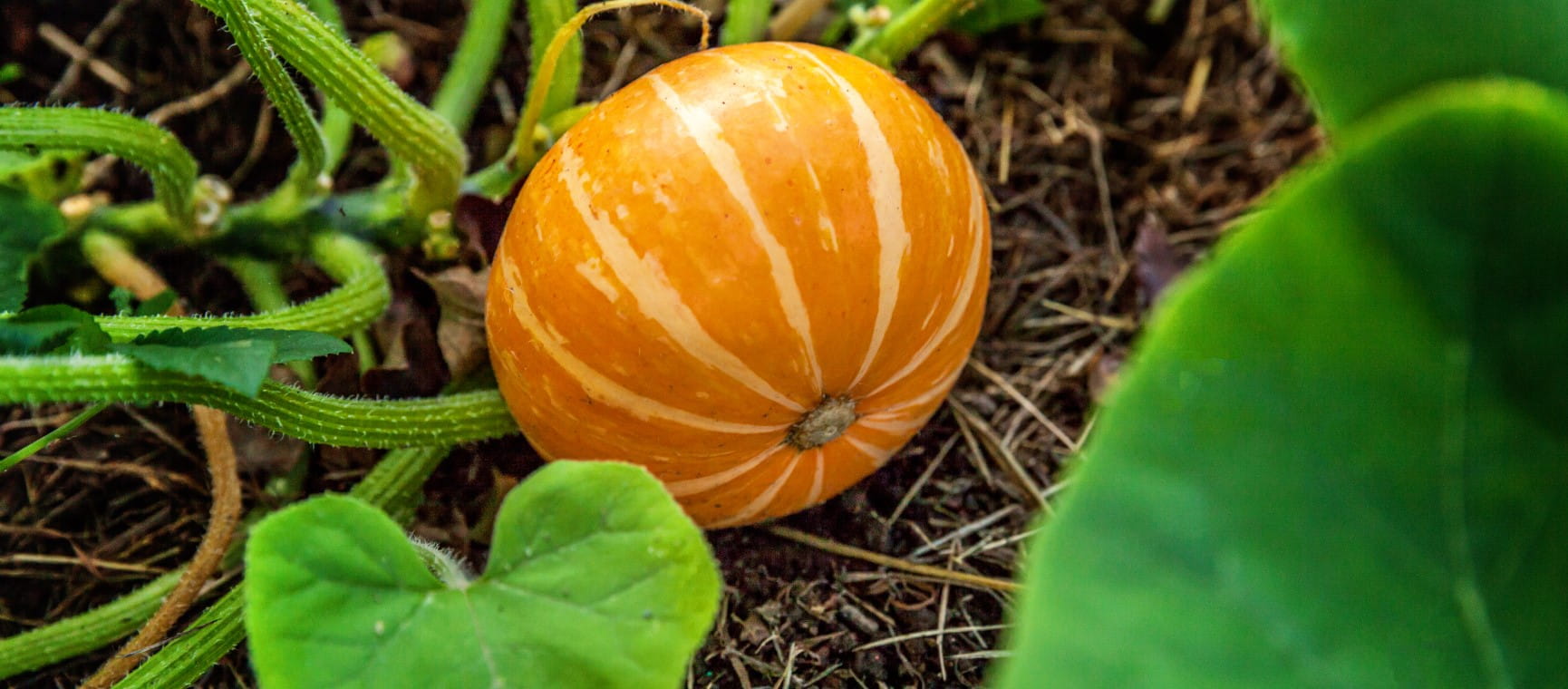
Jobs for the garden in October
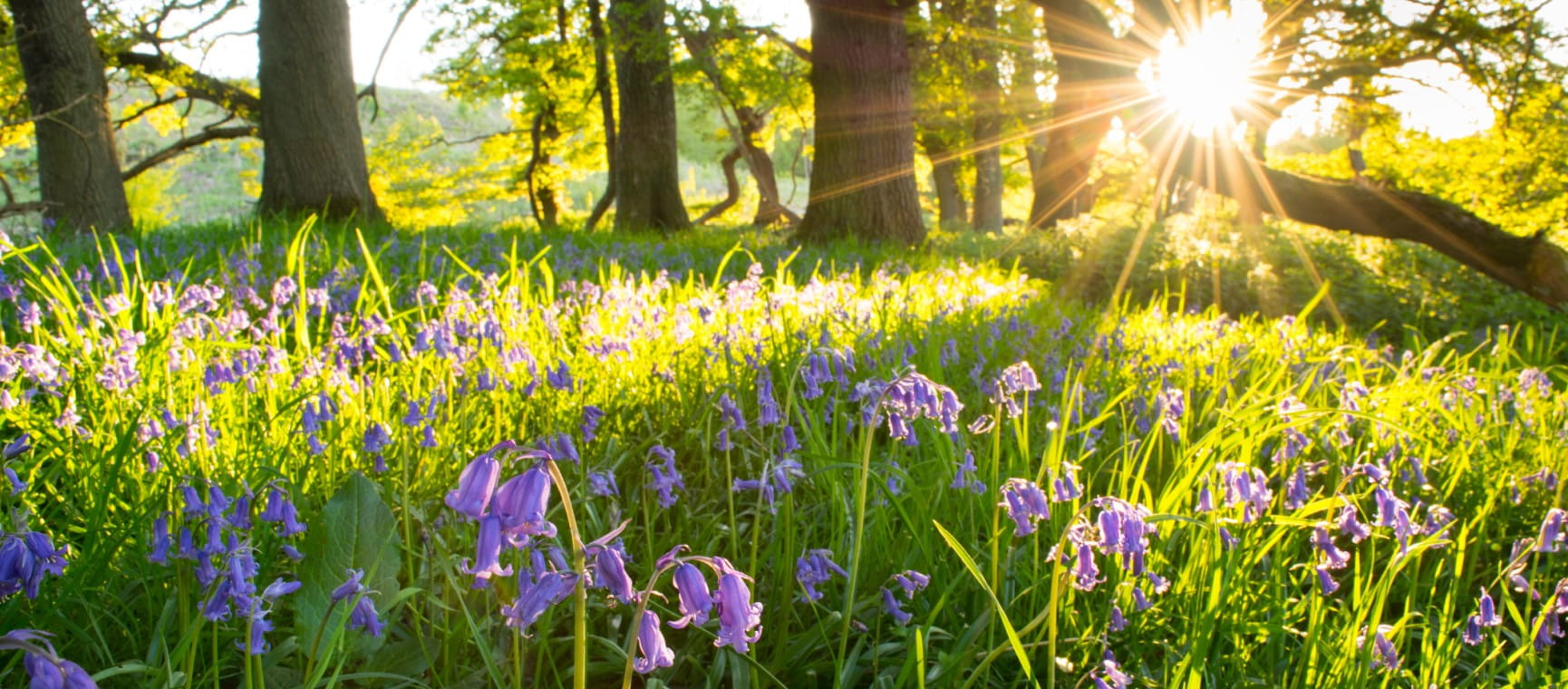
Our choice of the 10 best gardens to visit this Easter
Keen to get outdoors? We round-up our 10 favourite gardens for a springtime visit.

Jobs to do in the garden in November
As fireworks light up the sky, enjoy an explosion of colour on the ground too, with November delivering a sparkling finale to the season.
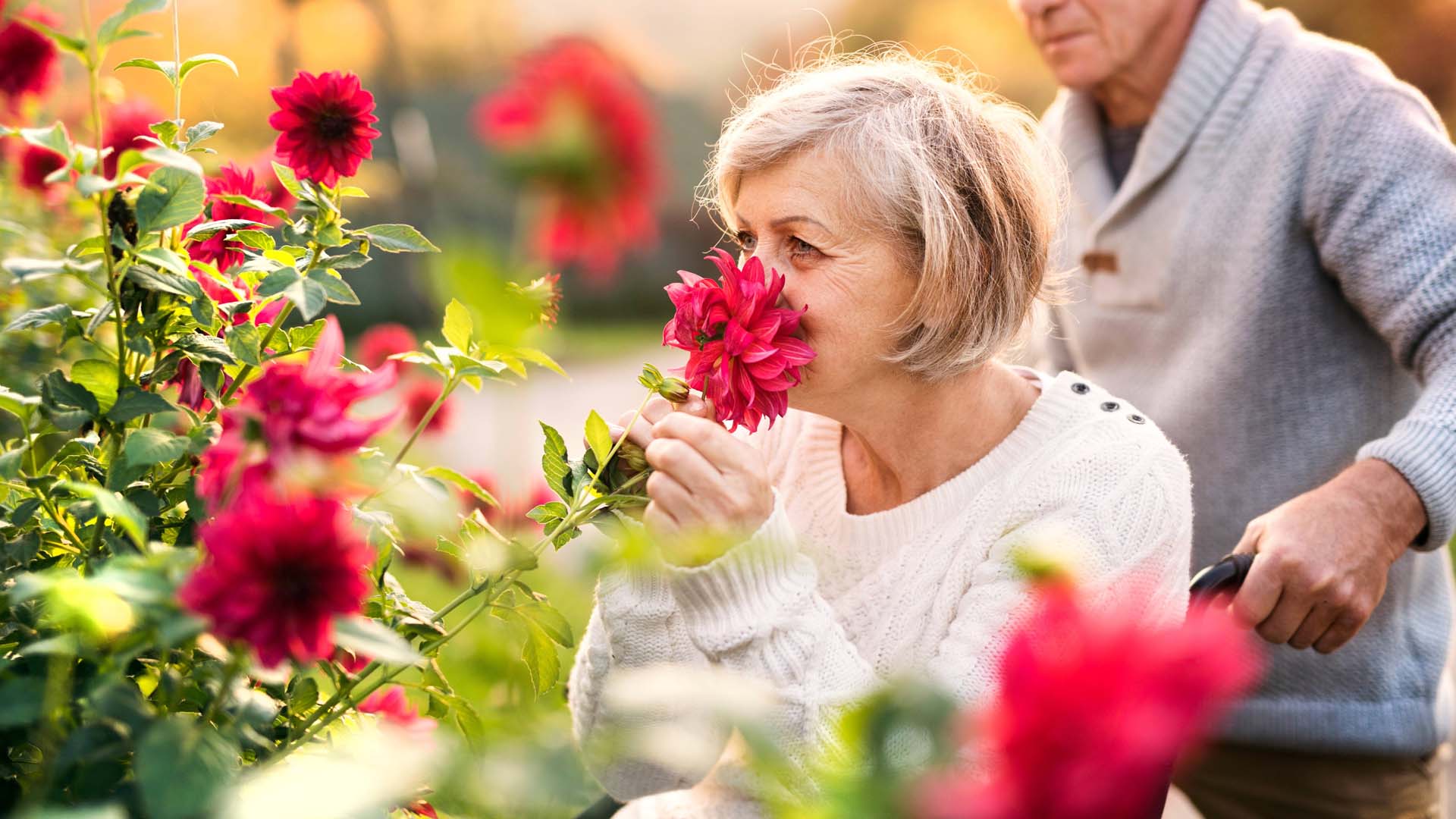
Stimulate your senses with a sensory garden

Sloping garden ideas that make the most of awkward inclines

For a limited time, enjoy 3 issues of Saga Magazine for just £1. Receive the next 3 print editions delivered direct to your door, plus 3 months’ unlimited access to the Saga Magazine app—perfect for reading on the go.
Don’t miss your chance to experience award-winning content at an exceptional price.
Play our free daily puzzles
Beat the boredom and exercise your mind with our selection of free puzzles.



